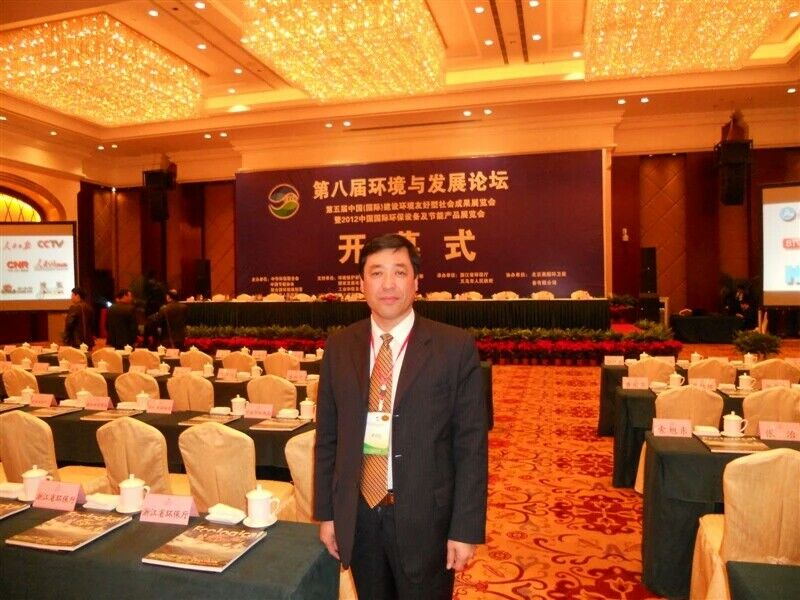原文來(lái)源:http://lawbrain.com/wiki/Yick_Wo_v._Hopkins
Yick Wo v. Hopkins(益和訴霍普金斯案)一案開(kāi)創(chuàng)了一個(gè)先例:即對(duì)美國(guó)憲法第十四條修正案的重新解讀。最高法院明確表示:法院可以超越法律的表面現(xiàn)象,從憲法的角度了評(píng)判它,法院能夠從法律的執(zhí)行過(guò)程來(lái)評(píng)價(jià)法律,進(jìn)而來(lái)判斷它是否符合憲法。
An 1896 U.S. Supreme Court decision, Yick Wo v. Hopkins, 118 U.S. 356, 6 S. Ct. 1064, 30 L. Ed. 220 (1886), held that the unequal application of a law violates the Equal Protection Clause(平等保護(hù)條款) of the Fourteenth Amendment to the U.S. Constitution(美國(guó)憲法第十四修正案).
A law that is racially neutral on its face may be deliberately administered in a discriminatory way, or it may have been enacted in order to disadvantage a racial minority(少數(shù)族裔). In Yick Wo v. Hopkins, the Supreme Court stated for the first time that a state or municipal law that appears to be fair on its face will be declared unconstitutional under the Fourteenth Amendment because of its discriminatory purpose.
Yick Wo, a native and subject of China, was convicted(宣告有罪) and imprisoned(被判入獄) for violating an ordinance(條例) of the city of San Francisco, California, which made it unlawful to maintain a laundry "without having first obtained the consent of the board of supervisors(市政當(dāng)局), except the same be located in a building constructed either of brick or stone." The 1880 ordinance was neutral on its face, but its purpose and its administration appeared suspect to Yick Wo and other Chinese. Most laundries in San Francisco were owned by Chinese and were constructed out of wood. The few laundries owned by whites were located in brick buildings. At the time the ordinance was passed, Chinese immigration had brought around 75,000 Chinese to California, half of whom lived in San Francisco. The white population became increasingly anti-Chinese and sought ways to control the Chinese population.
In 1885 the San Francisco Board of Supervisors denied Yick Wo and two hundred other Chinese laundry owners their licenses, even though their establishments had previously passed city inspections. After he was denied his license, Yick Wo continued to operate his business. He was eventually arrested and jailed for ten days for violating the ordinance. More than one hundred and fifty other Chinese laundry owners were also arrested for violating the ordinance.
On appeal to the U.S. Supreme Court, Yick Wo argued that the ordinance violated the Fourteenth Amendment, as the law denied him equal protection of the laws. He pointed out that only one-quarter of the laundries could operate under the ordinance, with 73 owned by non-Chinese and only one owned by a Chinese. San Francisco contended the ordinance was a valid exercise of the police powers granted by the U.S. Constitution to cities and states.
Justice stanley matthews, writing for a unanimous court(法院一致的判決), struck down the ordinance. Matthews looked past the neutral language to strike down the ordinance as a violation of the Fourteenth Amendment's Equal Protection Clause. He found that the division between wood and brick buildings was an "arbitrary line." Moreover, whatever the intent of the law may have been, the administration of the ordinance was carried out "with a mind so unequal and oppressive as to amount to a practical denial by the state" of equal protection of the laws.
Matthews held that:
Though the law itself be fair on its face, and impartial in appliance, yet, if it is applied and administered by public authority with an evil eye and an unequal hand, so as practically to make unjust and illegal discriminations between persons in similar circumstances, material to their rights, the denial of equal justice is still within the prohibition of the constitution.
Because the unequal application of the ordinance furthered "unjust and illegal discrimination," the Court ruled that the ordinance was unconstitutional under the Fourteenth Amendment.
Yick Wo has become a central part of civil rights jurisprudence. If a law has a discriminatory purpose or is administered unequally, courts will apply the Fourteenth Amendment and strike down the law. Yick Wo is also the source of modern civil rights disparate impact cases, in which discrimination is established by statistical inequality rather than through proof of intentional discrimination.










